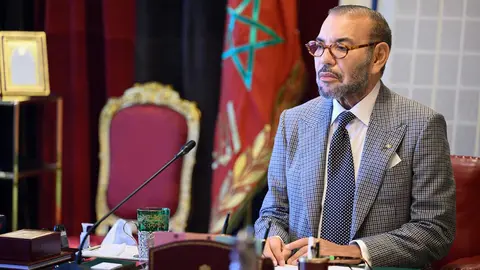Africa turns to soft power as a tool for influence and growth in the region
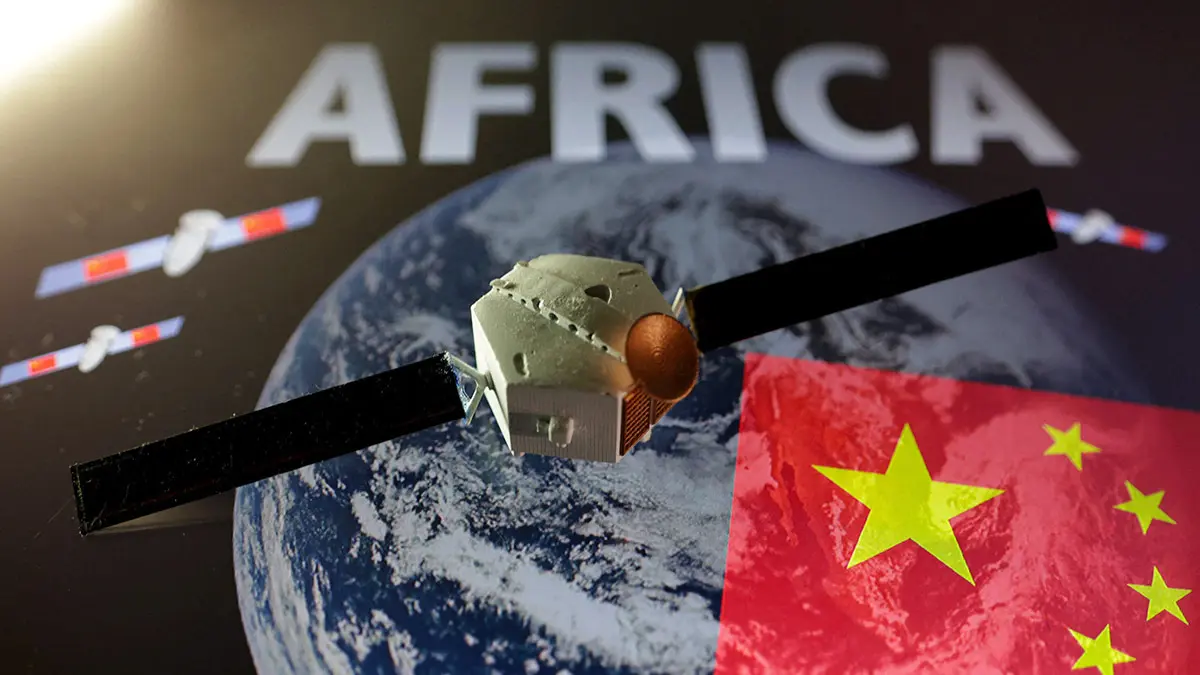
- South Africa and Egypt: leading the African soft power ranking
- Morocco: a model in the Maghreb and a bridge to the Middle East
- The role of external actors: China and its influence in Africa
Traditionally, Africa has been associated with hard power dynamics (influencing other countries through military force or economic pressure) in its regions: armed conflicts, struggles for resources and political tensions. However, many African countries are now choosing to work on strengthening their soft power.
Morocco's co-organisation of the 2030 FIFA World Cup, alongside Spain and Portugal, marks a milestone in its long quest for international recognition through soft power. According to a report by the Elcano Royal Institute, the tournament is not just a sporting event, but a calculated move to improve the country's image, boost national pride and consolidate its diplomatic influence.
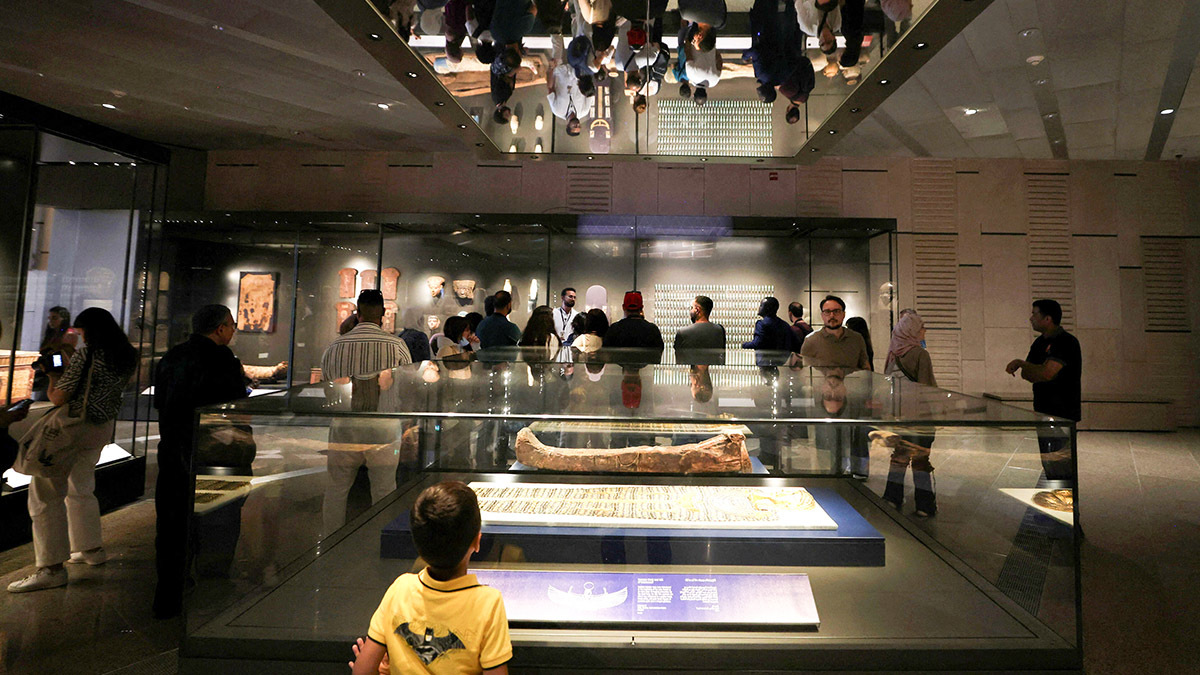
After decades of unsuccessful bids, Morocco's determination has finally paid off: the tournament has become a tool to showcase its political stability, modern infrastructure and regional leadership. With an investment of more than 5 billion dollars in infrastructure, including airports and the ambitious Hassan II stadium in Casablanca, Morocco aims to project the image of an emerging and innovative nation on the world stage.
This strategy is undoubtedly rooted in Morocco's foreign policy: to expand its economic and diplomatic ties in Africa and garner international support for its autonomy plan for Western Sahara.
The World Cup thus becomes a platform through which Morocco presents itself as a cultural bridge between Europe and Africa, modern, open and strategically positioned in a multipolar world.
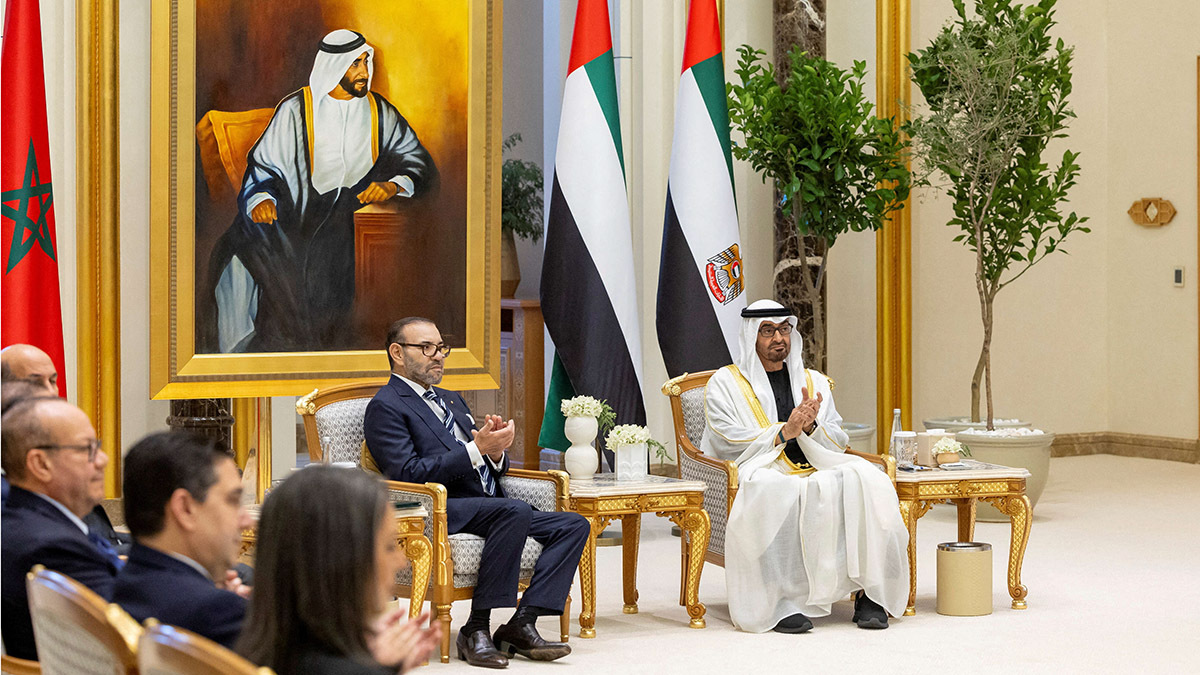
South Africa and Egypt: leading the African soft power ranking
According to the official Business Insider Africa website, Egypt and South Africa are the African countries with the greatest soft power influence in the world in 2025. Both countries have opted to combine their cultural wealth, active diplomacy and multilateral ties to strengthen their international image.
On the one hand, Egypt, which tops the list, continues to focus on improving its tourism sector; its commercial and diplomatic ties (both regionally and globally); and its commercial sector, which, thanks to the Suez Canal, has boosted the tertiary sector of the nation's economy, accounting for 50% of the country's GDP; in addition to reaffirming its commitment to sustainability.
However, one area is emerging as the region's country brand representative: sport. ‘A central pillar of its strategy revolves around leveraging the global recognition and influence of its athletes, particularly in football,’ says journalist Belal Nawar.
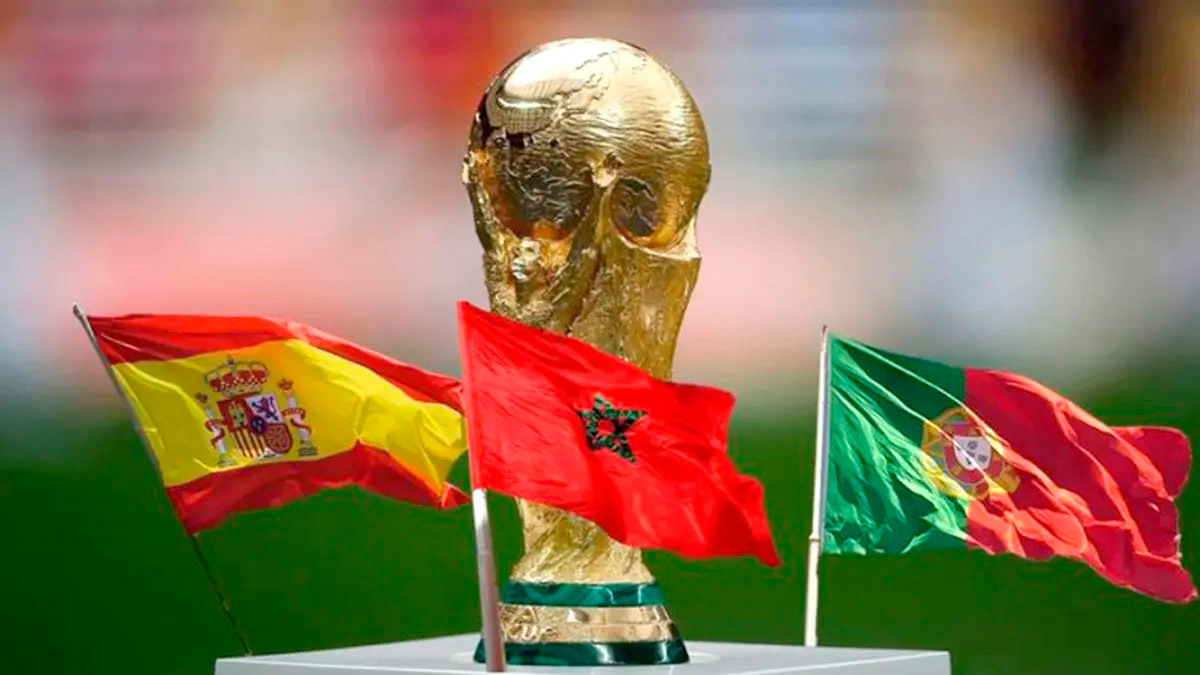
Similarly, Egypt's Minister of Tourism and Antiquities, Sherif Fathi, presented the country's new tourism strategy, announcing that he expects to see uninterrupted growth this year, with an increase in figures compared to previous years. Finally, the country is awaiting the official opening of the Grand Egyptian Museum, which is scheduled for July and will undoubtedly attract public attention.
On the other hand, according to the annual report of the Global Soft Power Index 2025, South Africa is committed to introducing new economic reforms and, as a result, positioning itself as a more robust and active economy. Furthermore, according to the CEO of Marketing, Brand South Africa, Sithembile Ntombela, South Africa's country brand is under new management: ‘the new unity government presents a new opportunity to redefine what we represent as the people of South Africa’, with priorities focused on: boosting and fostering the business environment; showcasing the country as a stable economy and promoting innovation; positioning the region as a global leader in key sectors such as renewable energy, digital transformation and creative enterprises; and ‘fostering social cohesion by telling positive stories that reflect our people, their achievements and our values of ubuntu, diversity and resilience’.
Ntombela also said that South Africa had risen two places in the Global Index this year. The factors that influenced this achievement and the initiatives that will be used to continue growing will focus on ‘improving the overall reputation of South Africa's country brand,’ added the CEO, who explained that this reputation is represented through sport, tourism, diplomatic meetings, culture and regional heritage.
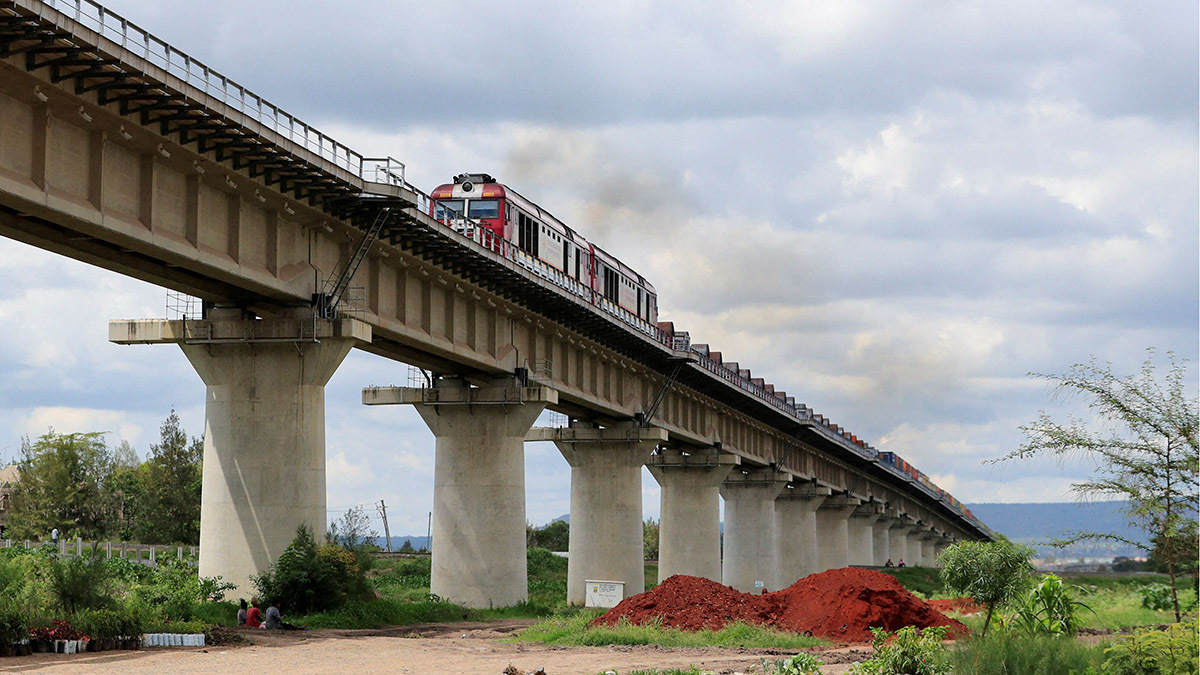
Morocco: a model in the Maghreb and a bridge to the Middle East
Morocco currently maintains its position as leader in the Maghreb and third place on the continent in the soft power index. As already mentioned, its strategy is multidimensional: from its political stability to its cultural and economic projection.
Beyond the World Cup, one of the most notable moves has been its alliance with the United Arab Emirates to launch a consortium focused on water security, energy independence and industrial sovereignty.
This 14 billion dollar project has not only generated more than 25,000 jobs, but has also facilitated technological exchange and the strengthening of local industry.
‘These projects are the culmination of meticulous diplomatic chess moves,’ warns journalist Adil Faouzi, after King Mohammed VI visited Abu Dhabi.
The project includes a 1,400-kilometre high-voltage direct current transmission line linking the southern city of Dakhla with Casablanca, the country's main economic centre. In addition, the network will be powered by renewable energy, mainly solar, from the southern desert areas. Finally, the Tahaddart power plant will be modernised and expanded, quadrupling its capacity with the incorporation of advanced technology, thereby stabilising the grid.
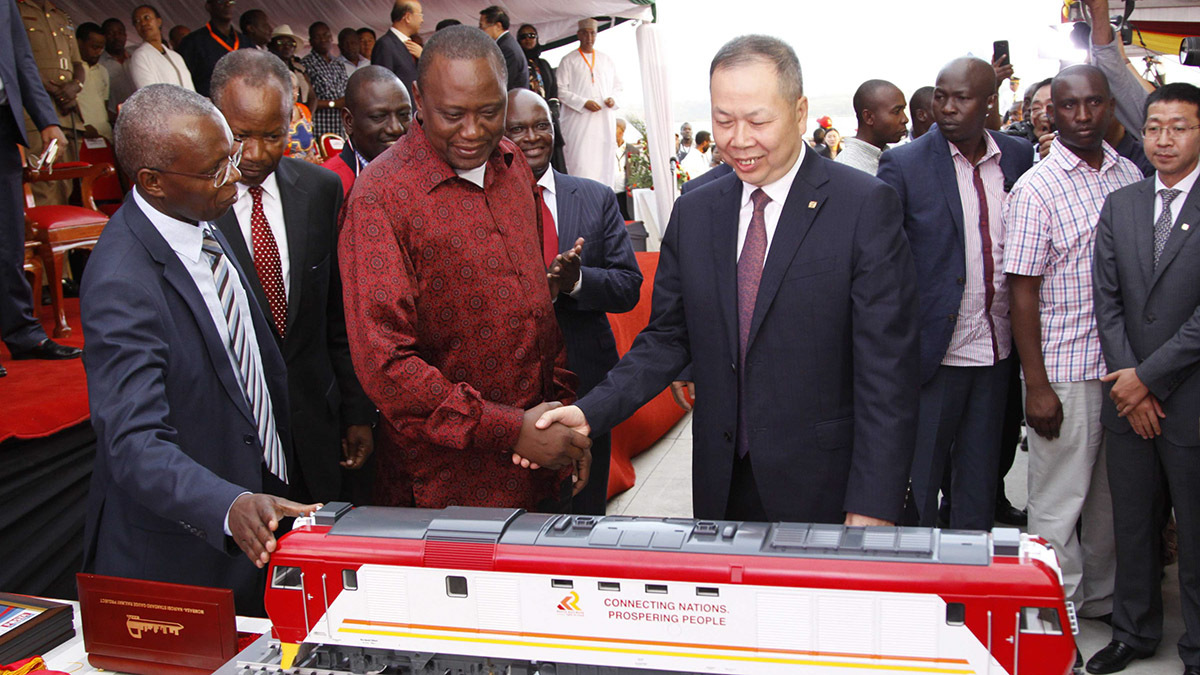
The role of external actors: China and its influence in Africa
One cannot talk about soft power in Africa without mentioning China's growing influence. Through its policy of investment in infrastructure, education and the media, Beijing has woven a network of relationships that reinforce its positive image in many African nations, while expanding its geostrategic presence on the continent.
There is no doubt that the battle for soft power is not only being fought in the West. Africa and the Middle East are redefining the rules of the game, projecting new identities based on cooperation, culture, technology and economic diplomacy. In this arena of influence, power is no longer measured solely in terms of military or economic strength, but in the ability to be exemplary, to inspire and to connect with the world.

